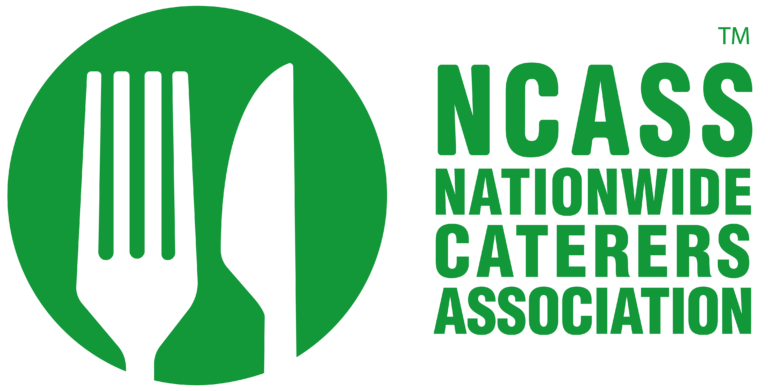A recent NCASS survey revealed that 75% of respondents consider a VAT cut to be critical.
Conducted among members and the wider independent hospitality sector, the survey clearly demonstrates that action is needed right now to safeguard the future of thousands of small cafés, restaurants, bars, hotels, street food, event and festival catering businesses.
Key findings:
- 78% of respondents said that they were dissatisfied by the government’s support for the hospitality industry
- 80% said that the measures the government implemented at the Autumn Budget did not help them at all.
- 37% of respondents told us that they would struggle to continue operating in the next 12 months and that their gross profit has fallen by an average of 30%.
- 100% of respondents (all small and micro independent hospitality business) said that staff costs, energy costs, rent or pitch fees and VAT payments had increased significantly in the last 18 months and therefore, they are having to raise prices and reduce costs. Cost saving measures include cutting staff numbers and staff hours, changing opening hours, not paying themselves and taking out loans.
Many independent food & drink businesses start in the mobile, street food and event catering sector and then add a bricks and mortar arm to their businesses. Many of the highstreets across the UK have been brought back to life by these businesses, however, the cost of operating crisis is stopping small independent businesses from growing.
Independent Hospitality-Led Regeneration is being championed by UK Government as a means of re-invigorating the UK’s town and city centres and high streets.
It is the independent street food entrepreneurs who will deliver this regeneration assuming the conditions for growth exist. Many of the success stories of the last decade in hospitality: Meat Liquor, Pizza Pilgrims and Bao all started as street food businesses over the past decade and now operate as multisite restaurants. Under current trading conditions, the next generation of success stories will remain stunted or close.
Are current initiatives enough?
Thousands of businesses have closed and continue to close – it is estimated that there are 10 closures per day in hospitality. In line with the wider hospitality industry, the business closure rate amongst NCASS members doubled in 2023 and new business start-ups have plateaued.
More needs to be done to assist the small and micro independent businesses that make our high streets, towns and cities what they are today – every single one forms the heart of its own community, has families to support, employees to pay and ambitions to achieve.
In more certain times, independent hospitality businesses are productive, profitable employers and taxpayers. However, the significant increase in costs for hospitality businesses, coupled with the cost-of-living crisis, have created a situation where tax revenues are increasing and well-run businesses are being forced to close or ‘operate as tax collectors’ with no margin for profit left after paying VAT and corporation tax (which has also increased).
Many promising start ups have been forced to rapidly scale back to avoid the VAT threshold or are looking over the cliff edge after hitting the registration point. These are businesses who showed immense agility, innovation and determination during the pandemic.
Treasury profits grow
Tax revenues have clearly been boosted by these inflationary pressures, arguably creating the headroom the treasury may now have. The increased tax receipts been raised by extraordinary VAT costs and direct tax on individuals.
However, by far the most effective lever in terms of returning consumer and business confidence, reducing the urge for inflationary profiteering and creating enough head room for businesses to continue to contribute, to pay taxes, create jobs and pay down government backed debt – is VAT. On top of that, the cost of failed business recovery loans could be in the billions.
A significant number of micro businesses are expending great energy trying to limit their turnover as VAT registration at 20% and £85,000 will wipe out any profitability and arguably the viability of many businesses.
It is important to highlight here that the VAT threshold has not been reviewed since 2016. In real terms there has been 26% inflation since then, therefore the threshold should be £107,000 not £85,000.

